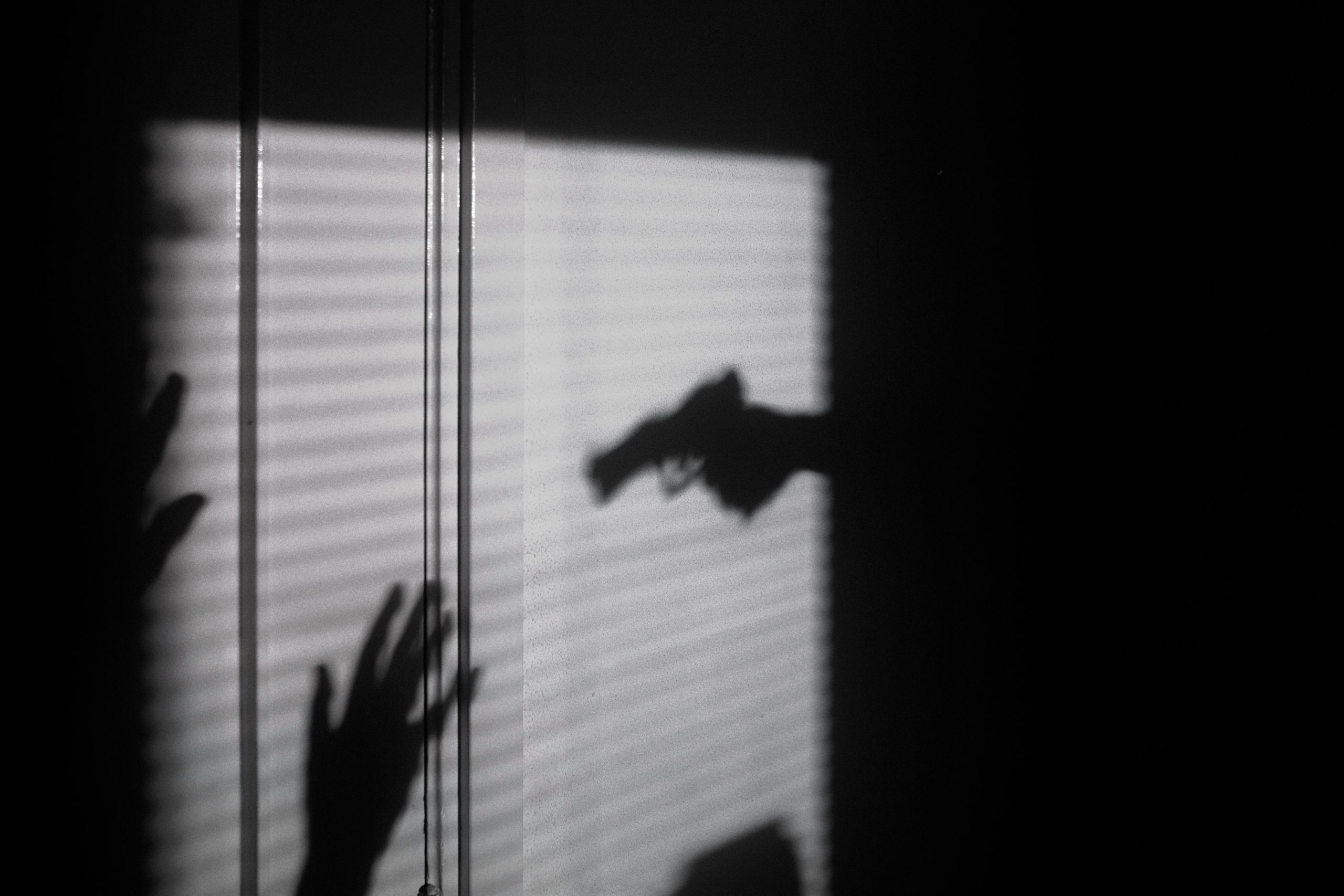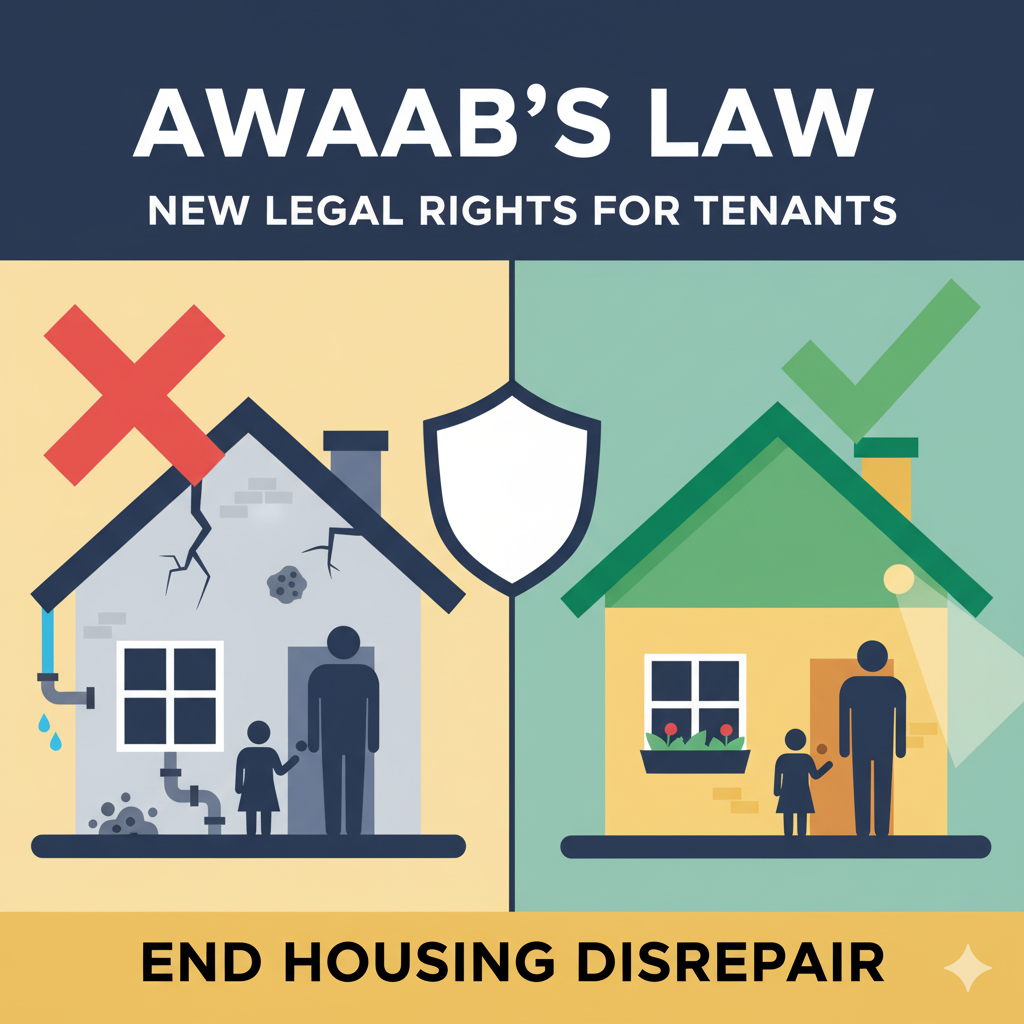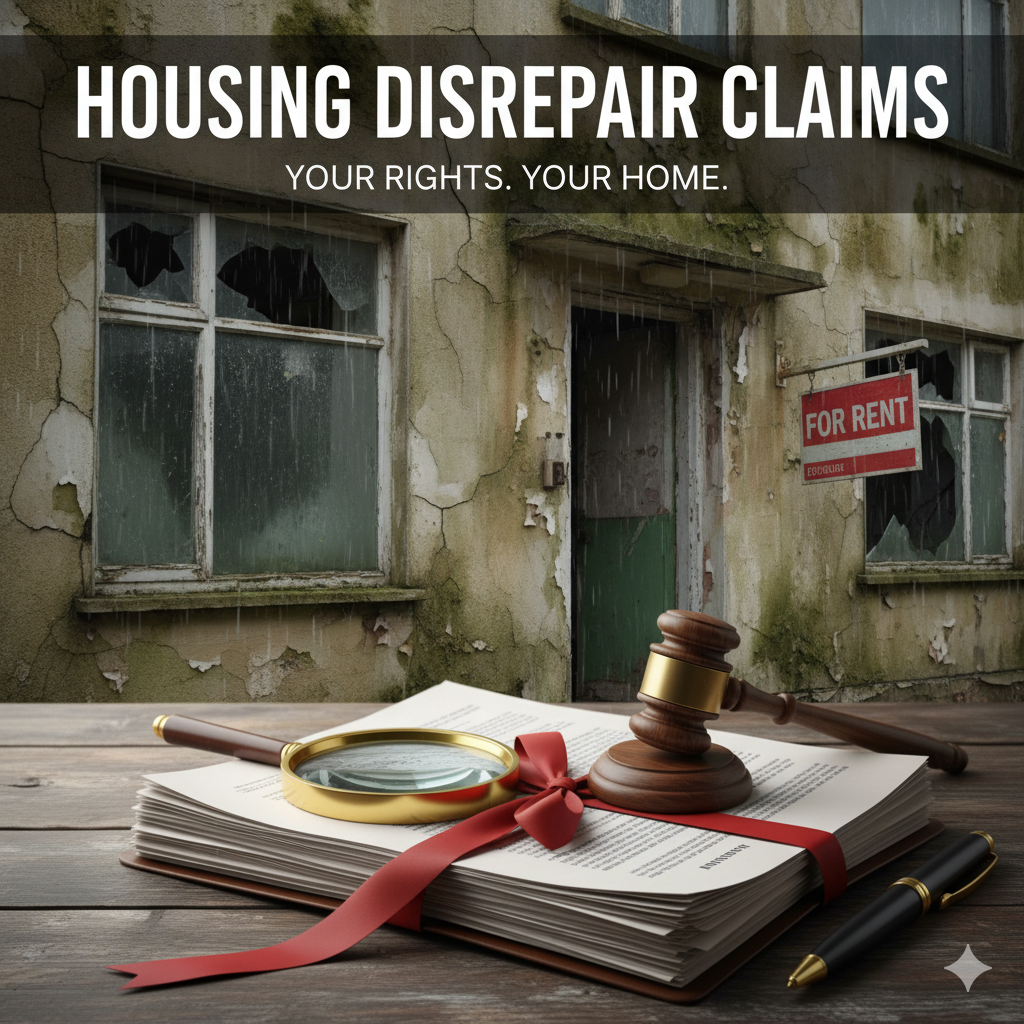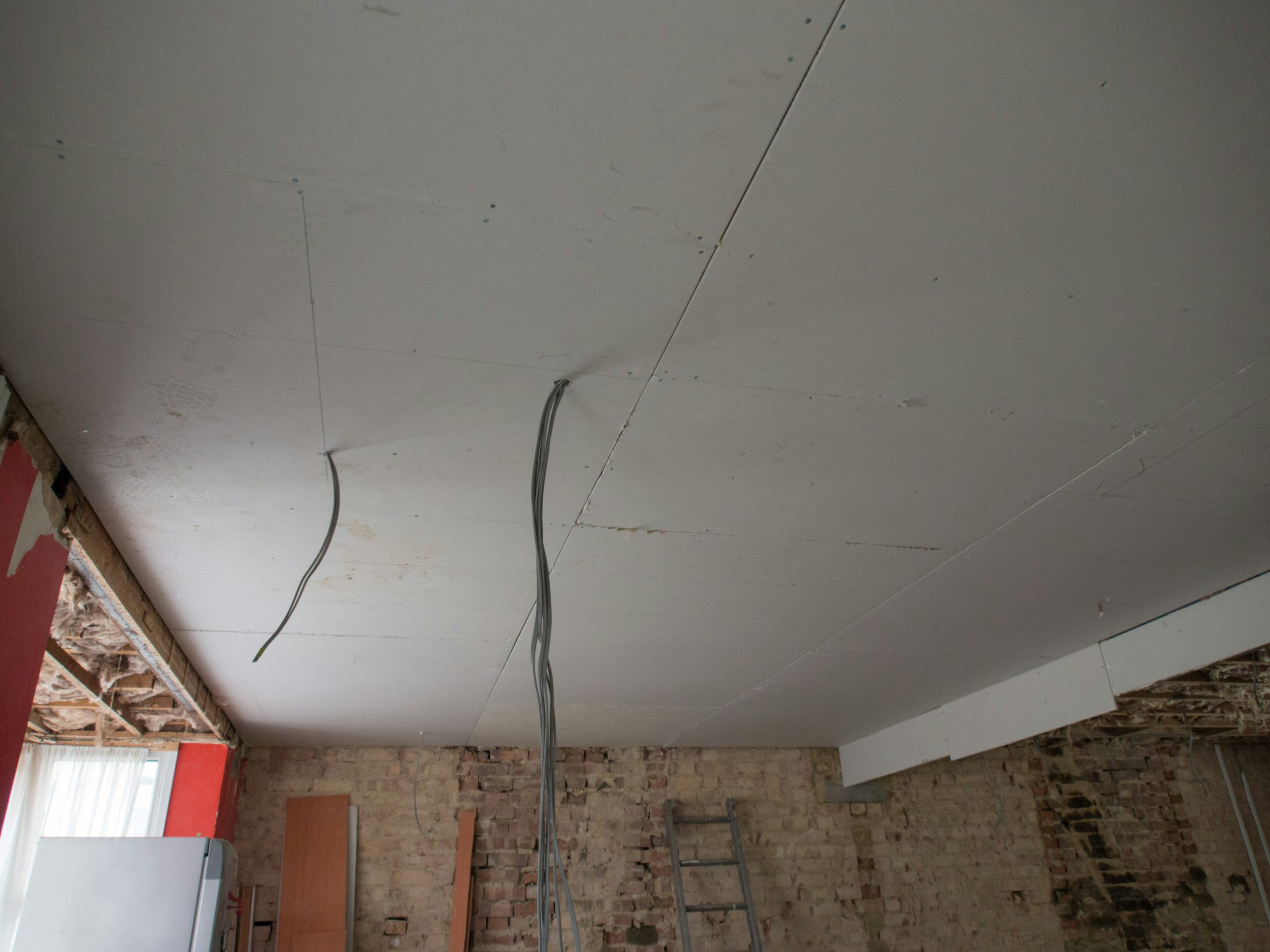Poor living conditions can have a serious impact on your health and safety, and 2025 has brought significant legal changes designed to protect tenants. With the introduction of Awaab’s Law and the upcoming Renters’ Rights Bill, landlords now face stricter responsibilities to maintain their properties to a safe and habitable standard. Here’s what tenants need to know about their rights and the latest updates to housing disrepair law in England and Wales.
What Is Housing Disrepair?
Housing disrepair refers to any damage or fault in your rented home that affects your ability to live there safely or comfortably. This can include:
- Damp, mould and leaks
- Unsafe electrics or plumbing
- Broken heating or windows
- Structural issues, such as cracks or subsidence
- Pest infestations
Landlords are legally required to keep the structure, exterior, and essential services of their properties in good repair.
Awaab’s Law: Faster Repairs for Social Housing Tenants
Awaab’s Law, introduced in 2025 following the death of two-year-old Awaab Ishak, sets out strict time limits for social landlords to carry out repairs. Under the new regulations, emergency hazards must now be fixed within 24 hours, and other serious disrepair issues must be investigated and repaired within a reasonable timeframe.
This law forms part of the Social Housing (Prescribed Requirements) Regulations 2025 and aims to ensure that tenants are no longer left waiting months for dangerous conditions like mould and damp to be addressed.
If a landlord fails to meet these repair deadlines, the local authority can take enforcement action or issue improvement notices. Tenants may also be entitled to compensation if the conditions have caused health problems or loss of amenity.
The Renters’ Rights Bill 2025: Stronger Tenant Protections
The Renters’ Rights Bill is another major reform coming into force in stages throughout 2025 and 2026. It replaces the proposed Renters Reform Bill and introduces several key changes:
- End of Section 21 “no-fault” evictions, giving tenants greater stability.
- Rolling tenancies instead of fixed-term assured shorthold agreements.
- Stronger enforcement powers for local councils.
- Clearer fitness-for-habitation standards aligned with Awaab’s Law.
Private and social landlords alike must now ensure homes meet these standards or risk legal action for breach of duty.
Making a Housing Disrepair Claim in 2025
If your landlord has failed to repair issues after being informed, you may be eligible to bring a housing disrepair claim. This can include:
- Reimbursement for property damage
- Compensation for distress or health impacts
- Enforcement of repairs through court orders
Before starting a claim, tenants are expected to follow the Pre-Action Protocol for Housing Conditions Claims (England). This involves sending a letter of claim, allowing time for the landlord to respond, and attempting to resolve the issue without court action.
Legal representation is crucial in ensuring that the correct procedure is followed and that evidence—such as photographs, medical reports, and correspondence—is properly presented.
Common Causes of Disrepair Claims
The most frequent issues leading to housing disrepair claims include:
- Persistent damp and mould causing respiratory illnesses
- Leaks or burst pipes damaging ceilings and walls
- Defective heating systems, especially during winter
- Electrical faults presenting safety risks
- Vermin infestations and unaddressed structural problems
Even minor faults can develop into serious health hazards if ignored. Under Awaab’s Law, these must now be treated as urgent issues requiring prompt investigation.
Evidence You’ll Need to Support Your Claim
To build a strong claim, gather the following:
- Photos and videos showing the disrepair
- Copies of emails, letters, or repair requests sent to your landlord
- Medical evidence if your health has been affected
- Independent expert reports where possible
Your solicitor can help obtain professional inspections or arrange for a housing expert to prepare a detailed report for court use.
How Hi Solicitors Can Help
Hi Solicitors specialises in representing tenants facing poor living conditions. Our housing disrepair team handles claims under the latest 2025 regulations, ensuring landlords are held accountable and urgent repairs are carried out.
Whether you’re in social housing or renting privately, our solicitors can assess your case, contact your landlord, and take legal action if repairs are delayed or ignored.
Learn more about our dedicated service here:
Housing Disrepair Claims – Hi Solicitors
Frequently Asked Questions
What is the time limit for housing repairs under Awaab’s Law?
Emergency repairs must be started within 24 hours, and all serious issues must be investigated and resolved within a reasonable timeframe.
Can I make a claim if I’m a private tenant?
Yes. Private renters also have rights under the Renters’ Rights Bill and the Homes (Fitness for Human Habitation) Act 2018.
Do I need to let my landlord know before making a claim?
Yes. You must give the landlord notice and reasonable time to fix the issue before starting legal proceedings.
What kind of compensation can I receive?
Compensation can cover inconvenience, property damage, and health effects caused by living in poor conditions.
Is legal aid available for housing disrepair?
Legal aid may be available for urgent health or safety cases, though many claims proceed on a conditional-fee (no-win, no-fee) basis.





